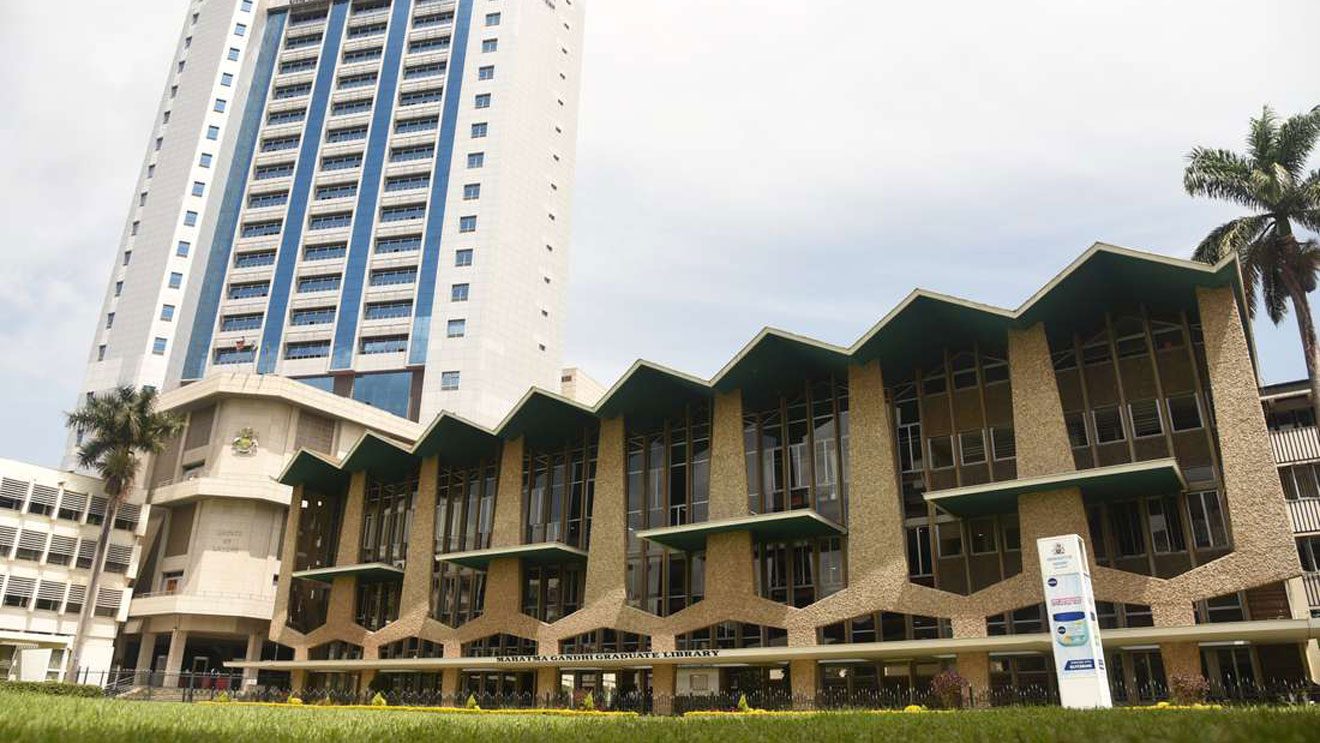The University of Nairobi, once a beacon of academic excellence, is now struggling with leadership disputes, financial mismanagement, and governance failures.
On Tuesday, Members of Parliament (MPs) from the Education Committee interrogated acting Vice-Chancellor Professor Margaret Hutchinson in a heated session.
Lawmakers demanded answers about unapproved offices, acting positions, and a staggering Ksh13.6 billion in pending bills. Can the institution reclaim its former glory, or is it spiraling into irreversible decline?

Can the University of Nairobi Be Saved?
The parliamentary committee summoned Professor Hutchinson to explain the university’s administrative mess. Lugari MP Nabii Nabwera confronted her about the creation of offices outside the legal framework.
“This university operates under a legal framework. Is it right to have offices created outside of it?” Nabwera asked.
Hutchinson admitted that the university’s statutes had not been updated since 2013. However, she explained that administrative reforms in 2020 led to the introduction of new positions, such as the Chief Operating Officer.
The MPs remained unconvinced, demanding documentation to justify these structural changes. Committee member Eve Obara pressed further, questioning why new roles were established and then scrapped without clear justification.
“A review was done, new positions were created, and then reversed. Where is the documentation for these decisions?” she demanded.
MPs also raised concerns about the prolonged use of acting staff in key leadership roles. Rebecca Tonkei, another committee member, criticized the stagnation of university staff.
“How is the university addressing the many cases of staff serving in acting capacities and the creation of unapproved offices?” she asked.
Hutchinson acknowledged the instability caused by unfilled senior positions. She revealed that for over five years, critical offices, including the Deputy Vice-Chancellor (Academic Affairs), had been occupied in an acting capacity.
She assured the MPs that the Public Service Commission (PSC) had already conducted interviews for these positions, and the university was awaiting the results.
Financial Woes: Ksh13.6 Billion Debt and Struggles with Salaries
Beyond governance issues, the university is also drowning in debt. Lawmakers expressed alarm over the institution’s financial health, questioning how it still struggled despite government salary funding through negotiations with the Universities Academic Staff Union (UASU).
MPs grilled Hutchinson on why the university was still burdened with a massive Ksh13.6 billion debt. They demanded explanations on the measures being taken to restore financial stability.
The acting VC outlined several strategies:
- Strengthening fiscal discipline and cost-cutting measures
- Engaging the government for additional financial support
- Increasing alumni contributions and partnerships
- Expanding research collaborations to generate revenue
Despite these efforts, the committee remained skeptical, pressing for accountability on past financial mismanagement.
Will Reforms Work?
The Education Committee made it clear that the University of Nairobi must implement immediate reforms to regain stability. Lawmakers demanded a full audit of administrative positions, clear justifications for leadership changes, and a concrete financial recovery plan.
While Hutchinson assured them that efforts were underway, the committee emphasized the need for swift and transparent actions. With leadership uncertainty, financial instability, and governance flaws, the University of Nairobi faces an uphill battle to restore its reputation.
The question remains: Will the institution’s leadership take decisive steps to fix the crisis, or will the university continue its decline?








































